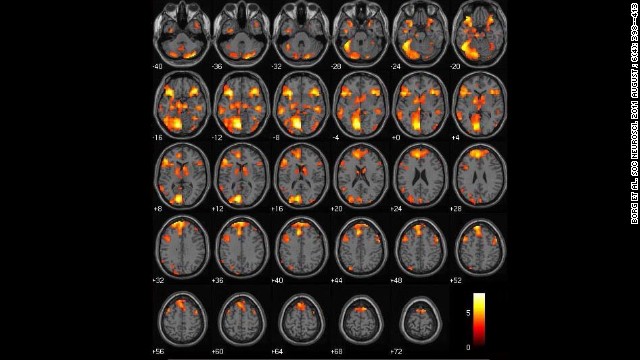From: MailOnline
|
- American William Allen Jordan, 48, famous as a fake spy in the UK, arrested Tuesday for the same scam in New Jersey
- Conman was outwitted by his most recent victim, Mischele Lewis, of Florence Township, New Jersey after she lured him to parking lot
- She fell in love with him but became suspicious after he distanced himself when she got pregnant
- She also handed over $1,300 to 'British men' on phone who talked to her in code and said they worked secretly with Jordan for the UK government
- She contacted previous wife who wrote book on him called 'The Bigamist'
- Jordan told her he was childless, when he had 13 kids with 8 women. At one time Jordan had two wives, two fiancés and a girlfriend in the UK
- He'd also spent time behind bars for molesting girl under the age of 13
- Mischele spent a month playing him at his own game until the police were ready to arrest him
- 'This needs to end, and it needs to end with me,' Mischele said
This
is the moment a woman bravely trapped an infamous conman and bigamist
who stole her heart and allegedly scammed her and at least nine other
women from both sides of the Atlantic.
WIlliam
Allen Jordan, 48, an American who gained worldwide notoriety after he
pretended to be a CIA agent so he could defraud vulnerable women looking
for love in Britain, thought Mischele Lewis was his next victim.
But the 36-year-old registered nurse and single mom to two kids turned the tables on him in dramatic fashion.
After
spending a month playing cat-and-mouse with him, she lured him to the
parking lot of a store in Cherry Hill, New Jersey, on Tuesday, where
police slapped handcuffs on him in a pre-organized sting.

